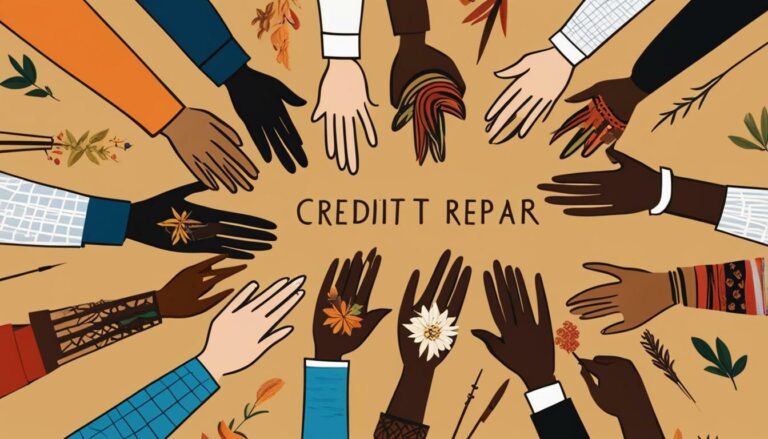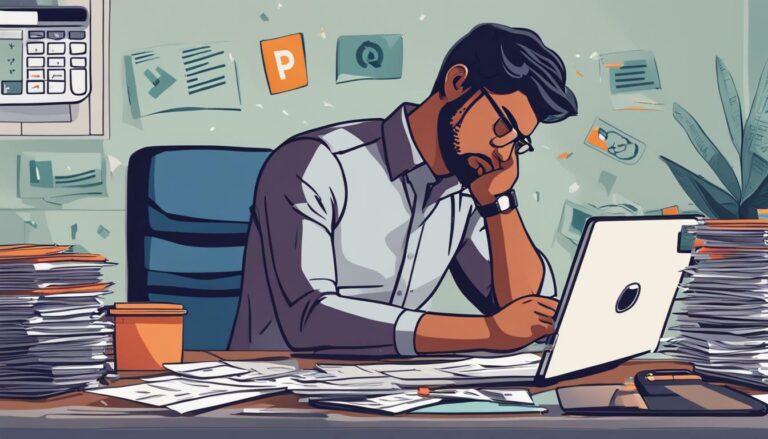Understanding How Medical Bills Impact Credit Repair in the US

Medical bills can have a significant impact on your credit repair journey, making it crucial to understand how they affect your credit score in the United States. Recent reports reveal that nearly 1-in-5 households in the US carries some form of overdue medical debt, resulting in negative information on credit records. This alarming statistic highlights the importance of addressing medical bills and their impact on credit repair.
- Overdue medical debt can lead to negative information on credit records, potentially lowering your credit score.
- Paying off legitimate medical collections can have a positive impact on your credit and help in credit repair.
- The No Surprises Act aims to protect individuals from unexpected medical bills, addressing the issue at its root.
- Nationwide credit reporting companies have begun removing paid medical debts and those under $500 from credit reports.
- Regularly checking your credit reports is essential to ensure the removal of medical bills and dispute any inaccuracies.
- Financial assistance programs may be available for those unable to pay their medical bills.
- If issues persist, individuals can submit complaints to the Consumer Financial Protection Bureau.
The Relationship Between Medical Bills and Credit Scores
Unpaid medical bills can have a detrimental effect on your credit score, while paying off legitimate medical collections can actually help improve it. According to recent reports, nearly 1-in-5 households in the US has some form of overdue medical debt, resulting in negative information on credit records. When medical bills go unpaid, they may be sent to collections, which can significantly lower your credit score and make it more challenging to obtain credit in the future.
However, the good news is that paying off legitimate medical collections can have a positive impact on your credit. When you settle or pay off a legitimate medical bill, it shows responsibility and a commitment to meeting your financial obligations. This can help improve your credit score over time, as it demonstrates your ability to manage your debts effectively.
To fully understand the impact of medical bills on your credit, it’s essential to regularly check your credit reports. The nationwide credit reporting companies have taken steps to address the issue of medical debt, including the removal of paid medical debts and those under $500 from credit reports. This means that once you’ve paid off a medical collection or have a medical bill under $500, it should no longer negatively affect your credit score.
| Key Points to Remember: |
|---|
| Unpaid medical bills can harm your credit score if they are sent to collections. |
| Paying off legitimate medical collections can have a positive impact on your credit score. |
| Regularly check your credit reports to ensure the removal of medical bills and dispute any inaccuracies. |
| Financial assistance programs may be available for those unable to pay their medical bills. |
“When medical bills go unpaid, they may be sent to collections, which can significantly lower your credit score and make it more challenging to obtain credit in the future.”
Summary
Understanding the relationship between medical bills and credit scores is crucial for individuals dealing with overdue medical debt. Unpaid medical bills can harm your credit score, while paying off legitimate medical collections can actually help improve it. It’s important to regularly check your credit reports to ensure the removal of medical bills and dispute any inaccuracies. Additionally, exploring financial assistance programs and taking steps to negotiate bills or set up repayment plans can help manage medical bills and protect your credit. By being proactive and maintaining good credit habits, you can work towards improving your credit score and protecting your financial health.
🚨 TUIC Errors + Low Credit Score?
CreditScoreIQ helps you build credit faster by reporting utility bills to all 3 bureaus—while you dispute errors.
Start Building Credit Today →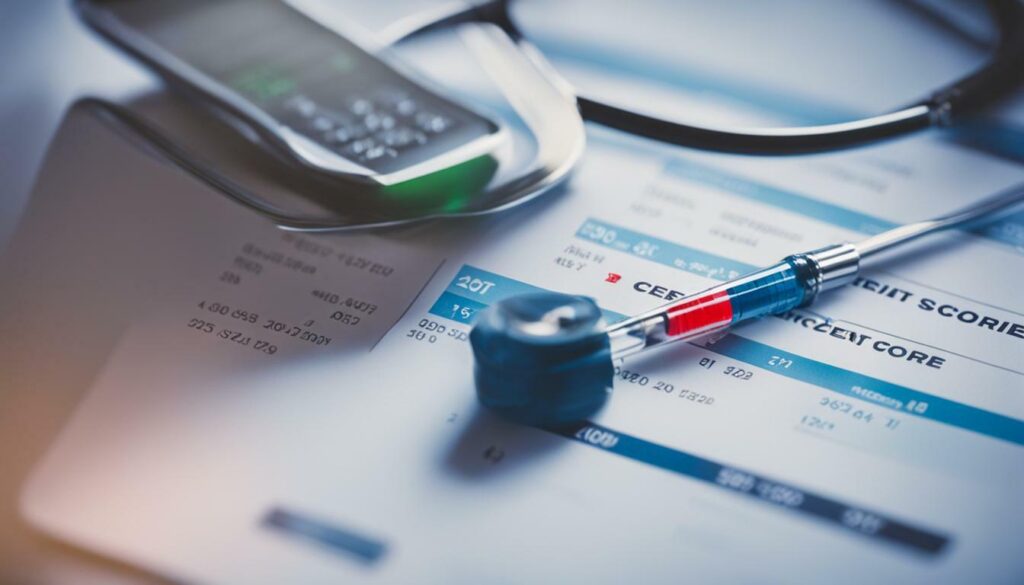
Recent steps have been taken to address medical debt’s impact on credit reports, including the passing of the No Surprises Act and the removal of certain medical debts from credit reports. The No Surprises Act is designed to protect Americans from unexpected medical bills, ensuring that individuals are not held responsible for exorbitant charges from out-of-network providers or surprise medical expenses. This legislation aims to alleviate the financial burden on patients and prevent medical debt from negatively affecting their credit scores.
In addition to the No Surprises Act, nationwide credit reporting companies have made significant changes regarding medical debt on credit reports. Paid medical debts and those under $500 are now being removed from credit reports, providing individuals with a fresh start and the opportunity to rebuild their credit history. This removal helps to rectify the unjust impact that medical debt has had on credit scores, allowing individuals to pursue credit repair without the constant burden of past medical bills.
Regularly checking your credit reports is essential to ensure the removal of medical bills and to identify any inaccuracies that may still be impacting your credit. By disputing any remaining medical debts that have not been removed, you can take proactive steps to protect your credit score and financial wellbeing. It is recommended that individuals take advantage of the free annual credit reports provided by the major credit reporting agencies to monitor their credit status and address any inconsistencies.
| Key Points: | Recent Measures Addressing Medical Debt and Credit Reports |
|---|---|
| 1 | The No Surprises Act protects individuals from unexpected medical bills |
| 2 | Medical debts under $500 and paid medical debts are now removed from credit reports |
| 3 | Regularly check credit reports to ensure the removal of medical bills and dispute any inaccuracies |
| 4 | Take advantage of free annual credit reports to monitor credit status and address inconsistencies |
With these recent measures in place, individuals facing medical debt can now focus on improving their credit scores and protecting their financial health. It is important to be proactive in managing medical bills, as unpaid medical debt can still harm credit scores. If you are unable to pay your medical bills, consider negotiating with healthcare providers for lower payments or setting up a manageable repayment plan. Hiring a medical billing advocate can also help navigate complex medical billing processes and potentially reduce the overall amount owed.
Financial assistance programs may be available to help individuals struggling to pay their medical bills. These programs can provide relief and support, ensuring that medical debt does not become a long-term financial burden. Be sure to explore all available options and apply for assistance if eligible.
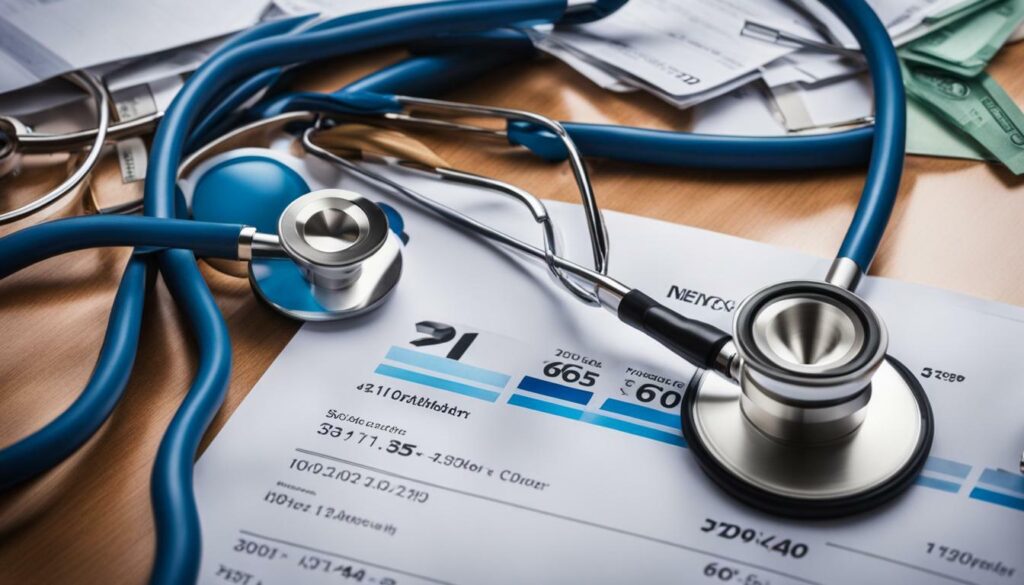
By taking proactive steps to manage medical bills and protect your credit, you can work towards improving your credit score and safeguarding your financial future. Remember, paying off legitimate medical collections can have a positive impact on your credit, so it’s essential to address any outstanding medical debts. By staying informed, exploring financial assistance options, and maintaining good credit habits, you can overcome the challenges of medical debt and regain control of your financial health.
Strategies to Manage Medical Bills and Protect Your Credit
To effectively manage medical bills and protect your credit, consider strategies such as negotiating bills, exploring financial assistance options, and seeking the help of a medical billing advocate. Medical bills can often be overwhelming, but taking proactive steps can help alleviate the financial burden and safeguard your credit score.
One approach is to negotiate your medical bills directly with healthcare providers. Many facilities are open to discussing payment options and discounts, especially if you’re facing financial hardship. Contact the billing department and explain your situation, providing any necessary documentation to support your case. Negotiating a lower bill or setting up a manageable repayment plan can help prevent medical debt from going into collections and negatively impacting your credit.
Another avenue to explore is financial assistance programs. Many hospitals and healthcare organizations offer assistance programs based on income levels. These programs can provide discounts or even cover a portion of your medical bills. Research local resources, ask your healthcare provider about available options, or reach out to community organizations that specialize in assisting individuals with medical debt.
Table 1: Financial Assistance Programs
| Program Name | Eligibility | Description |
|---|---|---|
| Medicaid | Low-income individuals and families | State and federally funded program providing free or low-cost healthcare coverage |
| Charity Care | Individuals with limited income and resources | Program offered by nonprofit hospitals to help cover medical expenses for those who qualify |
| Healthcare Financial Assistance | Varying eligibility criteria | Financial assistance programs offered by hospitals and healthcare systems to assist patients with medical bills |
Additionally, consider hiring a medical billing advocate. These professionals specialize in navigating the complexities of medical billing, insurance claims, and negotiating with providers on your behalf. They can review your bills for errors, dispute any inaccuracies, and ensure you’re not overpaying for services. Although there may be a fee associated with their services, the potential savings and protection of your credit score can outweigh the cost.
Remember, protecting your credit health is essential. Late or unpaid medical bills can lead to collections, which can have a detrimental impact on your credit score. By taking proactive steps, such as negotiating bills, exploring financial assistance options, and enlisting the support of a medical billing advocate, you can effectively manage your medical expenses and safeguard your credit.
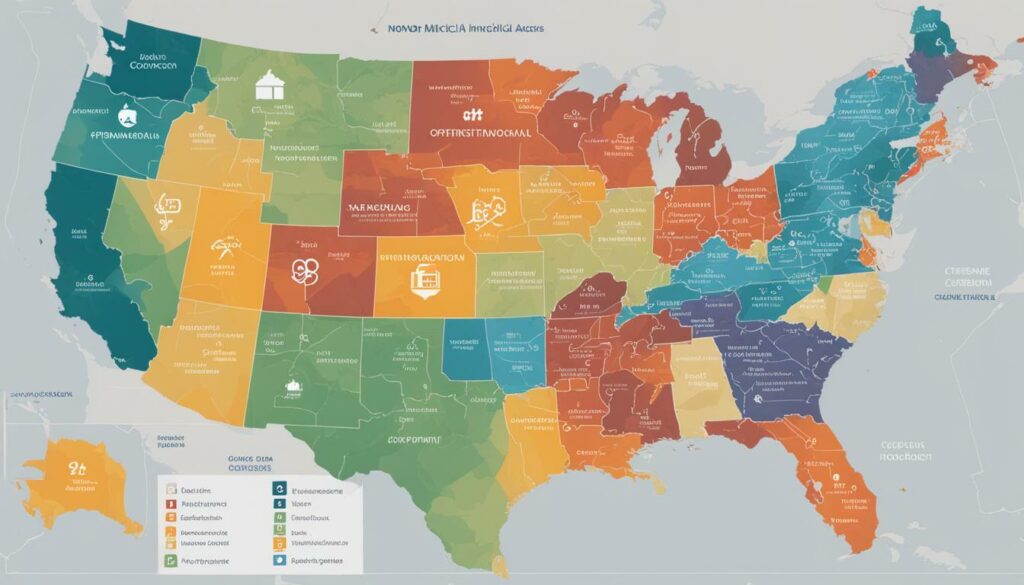
By understanding how medical bills impact credit repair and taking proactive steps to address them, you can work towards improving your credit score and safeguarding your financial health. Factual data reveals that nearly 1-in-5 households in the US have overdue medical debt, leading to negative information on credit records. However, recent measures have been implemented to alleviate this issue.
The passing of the No Surprises Act is a significant step towards protecting Americans from unexpected medical bills. Additionally, nationwide credit reporting companies have started removing paid medical debts and those under $500 from credit reports. Regularly checking your credit reports is important to ensure the removal of medical bills and to dispute any inaccuracies that may arise.
If you find yourself unable to pay your medical bills, financial assistance programs may be available to provide support. Negotiating bills, setting up repayment plans, hiring a medical billing advocate, and exploring financial assistance options are recommended strategies. In cases where persistent issues arise, it is advisable to submit complaints to the Consumer Financial Protection Bureau.
It’s worth noting that unpaid medical debt sent to collections can have a detrimental effect on credit scores. However, paying off legitimate medical collections can positively impact your credit. By taking these steps and maintaining good credit habits, such as paying bills on time and managing your finances responsibly, you can make progress towards improving your credit score and safeguarding your financial health.
FAQ
How do medical bills impact credit repair in the US?
Medical bills can have a negative impact on credit repair in the US. Unpaid medical debt can result in negative information on credit records and harm credit scores. However, paying off legitimate medical collections can have a positive impact on credit.
What recent measures have been taken to address medical debt and credit reports?
Recent measures to address medical debt and credit reports include the passing of the No Surprises Act, which protects Americans from unexpected medical bills. Additionally, nationwide credit reporting companies have removed paid medical debts and those under $500 from credit reports.
What should individuals do to protect their credit and manage medical bills?
Individuals should regularly check their credit reports to ensure the removal of medical bills and dispute any inaccuracies. They can also consider negotiating bills, setting up repayment plans, hiring a medical billing advocate, and exploring financial assistance options. Financial assistance programs may be available for those unable to pay their medical bills.
Can unpaid medical debt harm credit scores?
Yes, unpaid medical debt sent to collections can harm credit scores. It is important to address and resolve medical debt to protect your credit.
How can individuals improve their credit score and protect their financial health?
By taking steps to manage medical bills, such as negotiating bills, setting up repayment plans, and exploring financial assistance options, individuals can work towards improving their credit score. It is also crucial to maintain good credit habits and regularly monitor credit reports for any inaccuracies. Protecting your financial health includes addressing medical debt and managing your overall credit responsibly.
Ready to Improve Your Credit?
Disputing TUIC errors is step one. Step two? Boost your score by reporting utility payments with CreditScoreIQ.
Get Started Now (Only $1 Trial) →3-bureau reporting • $1M identity insurance • Dark web monitoring


